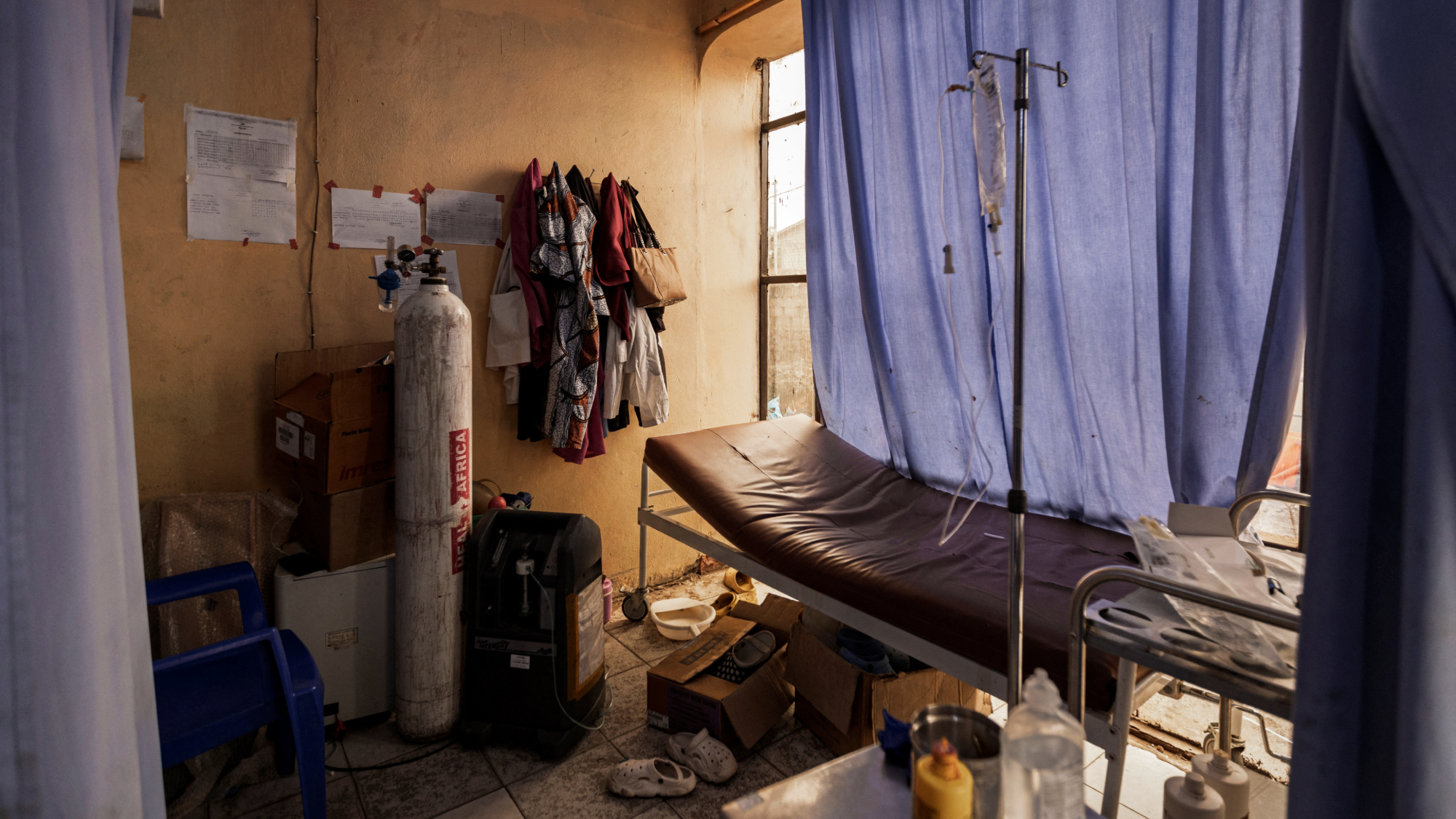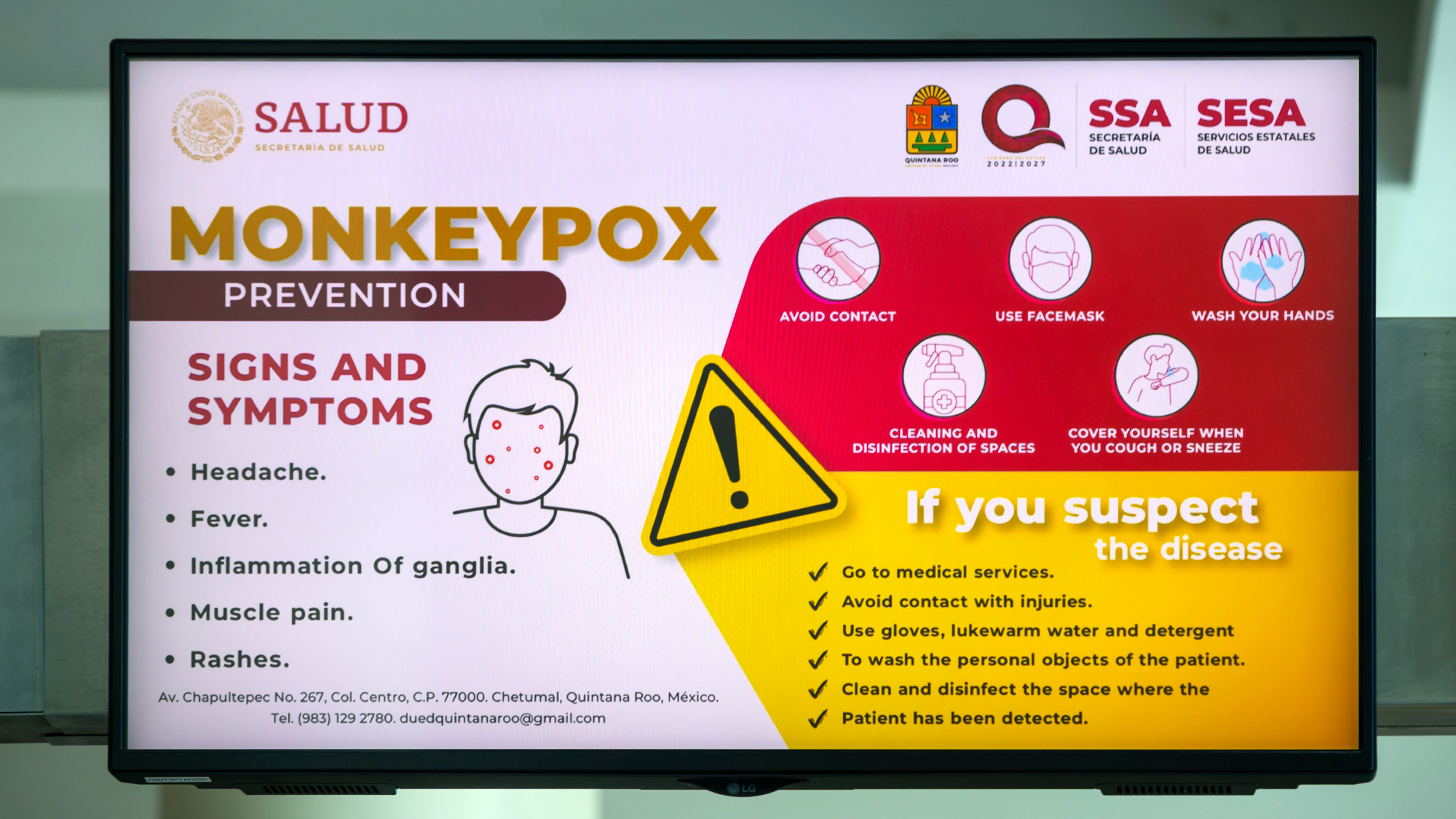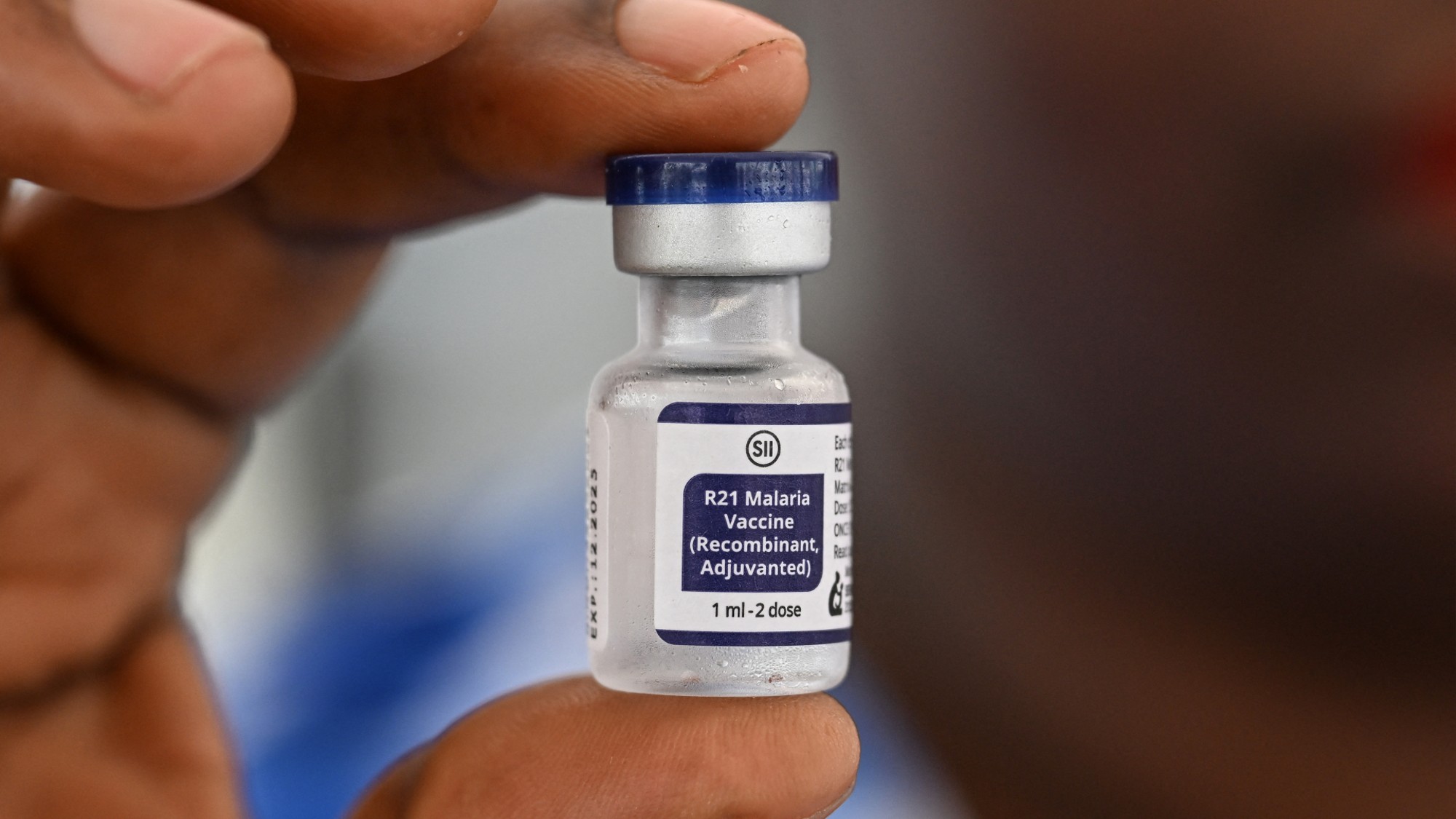What is Marburg virus disease?
Two people have died in Ghana after contracting the highly infectious illness

A free daily email with the biggest news stories of the day – and the best features from TheWeek.com
You are now subscribed
Your newsletter sign-up was successful
Ghana has confirmed its first cases of the deadly Marburg virus, a highly infectious disease similar to Ebola, after two people who tested positive for the illness died earlier this month.
The two patients who died in hospital in the southern Ashanti region tested positive for the virus on 10 July, and have now been verified by a laboratory in Senegal, according to the World Health Organization (WHO).
Medical staff in Ghana have reported that 98 people are now under quarantine as suspected contact cases, although none has developed any symptoms so far according to WHO, which is supporting the country’s response to the outbreak.
The Week
Escape your echo chamber. Get the facts behind the news, plus analysis from multiple perspectives.

Sign up for The Week's Free Newsletters
From our morning news briefing to a weekly Good News Newsletter, get the best of The Week delivered directly to your inbox.
From our morning news briefing to a weekly Good News Newsletter, get the best of The Week delivered directly to your inbox.
“Health authorities have responded swiftly, getting a head start preparing for a possible outbreak,” said Matshidiso Moeti, WHO regional director for Africa. “This is good because without immediate and decisive action, Marburg can easily get out of hand.”
What is Marburg virus?
The virus, which is similar to Ebola, is transmitted to people “from fruit bats and spreads between humans through the transmission of bodily fluids”, said the BBC. “It is a severe, often fatal illness,” the broadcaster added.
What are the symptoms?
Symptoms include:
- headache
- fever
- muscle pains
- vomiting blood
- bleeding.
How is it treated?
No known treatment exists for Marburg virus disease (MVD), but doctors say drinking plenty of water and treating specific symptoms improves a patient’s chances of survival. The WHO is also “exploring treatments involving blood products, immune therapies and drug therapies”, according to ABC News.
A free daily email with the biggest news stories of the day – and the best features from TheWeek.com
How did it begin?
The first ever Marburg cases were in the German cities of Marburg and Frankfurt, and in Belgrade, Serbia, in 1967. Thirty-one people contracted the disease and seven died.
Since then, there have been a dozen major Marburg outbreaks, mostly in southern and eastern Africa, according to the WHO. Fatality rates have varied from 24% to 88% in past outbreaks depending on the virus strain and case management, with the average fatality rate for MVD being about 50%.
According to the global health agency, the initial outbreaks were “associated with laboratory work using African green monkeys (Cercopithecus aethiops) imported from Uganda”.
There have subsequently been sporadic outbreaks in Angola, the Democratic Republic of the Congo, Kenya, South Africa and Uganda.
The virus killed more than 200 people in Angola in 2005, the deadliest outbreak on record.
It is only the second time that MVD has been discovered in West Africa. Last year, one case was confirmed in Guinea, but the outbreak was declared over in September, five weeks after the case was identified, said the BBC.
-
 6 of the world’s most accessible destinations
6 of the world’s most accessible destinationsThe Week Recommends Experience all of Berlin, Singapore and Sydney
-
 How the FCC’s ‘equal time’ rule works
How the FCC’s ‘equal time’ rule worksIn the Spotlight The law is at the heart of the Colbert-CBS conflict
-
 What is the endgame in the DHS shutdown?
What is the endgame in the DHS shutdown?Today’s Big Question Democrats want to rein in ICE’s immigration crackdown
-
 Mystery illness spreading in Congo rapidly kills dozens
Mystery illness spreading in Congo rapidly kills dozensSpeed Read The World Health Organization said 53 people have died in an outbreak that originated in a village where three children ate a bat carcass
-
 America is leaving WHO. What does that mean for public health?
America is leaving WHO. What does that mean for public health?Today's Big Question Trump orders the withdrawal
-
 No more bugging: how Egypt became certified malaria-free
No more bugging: how Egypt became certified malaria-freeUnder the radar It was a century-long effort
-
 Baby food is not as healthy as it should be
Baby food is not as healthy as it should beUnder the Radar Labels are leaving things out. And brands are highlighting only what they want to.
-
 Mpox: how dangerous is new health emergency?
Mpox: how dangerous is new health emergency?Today's Big Question Spread of potentially deadly sub-variant more like early days of HIV than Covid, say scientists
-
 WHO declares mpox a global health emergency
WHO declares mpox a global health emergencySpeed Read An outbreak of the viral disease formerly known as monkeypox continues to spread in Africa
-
 Have we defeated malaria?
Have we defeated malaria?The Explainer Roll-out of low-cost vaccine means a world free from disease that claims 600,000 lives a year 'finally within sight'
-
 Pharmaceutical companies are warning of a rise in knockoff drugs
Pharmaceutical companies are warning of a rise in knockoff drugsUnder the Radar The World Health Organization is also urging consumers to be cautious